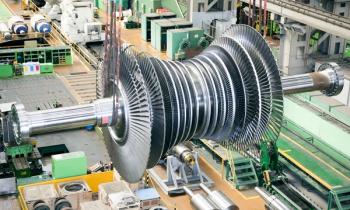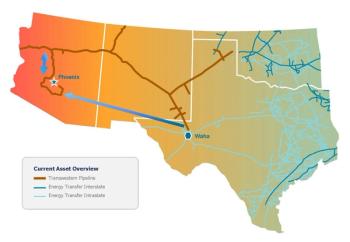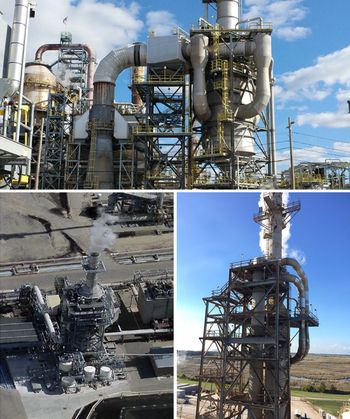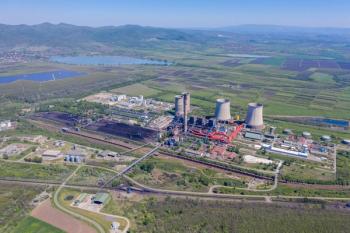
Pump selection: Canned motor vs. conventional
After determining how long you want the equipment to last and identifying the process and fluid properties, it is time to select the pump. Factors for minimum life cycle costs include installation, maintenance, energy, safety and environmental and possibly other considerations.
A conventional pump will require a foundation which will cost in the neighborhood of $10,000 to $15,000 +. Most canned motor pump (CMP) should be mounted on stilts for a few hundred dollars (this can also help reduce pipe stress). From the pumps I had quoted over the last decade, a conventional API pump costs roughly twice that of a canned motor pump that meets API 685 and includes a bearing wear indicator. You will need to communicate with your vendor about the specifics for this. The purchase differential becomes much greater when you add seals and support systems to meet current safety and environmental regulations.
The facility where I worked was very careful to insure a CMP was selected to meet the process conditions and system needs. The result was a cumulative mean time between repairs (MTBR) of over 15 years for a population of over 100. 22 CMPs were installed in our trial unit and in the next 11 years, one bearing replacement had to be performed for an MTBR of over 200 years. Unless the liner of a CMP is breached, most repairs consist of replacing the bearings which can be accomplished in a few hours for under $5,000 for parts and labor.
CMPs are less efficient than conventional pumps when you consider just the pumps. When the power to drive the seal(s), coupling and motor efficiencies are factored in, there are few percentage points’ difference between a conventional and CMP (sometimes the CPM uses less power). Depending on the cost of electricity, this may be a deciding factor in your decision.
Canned motor pumps provide true secondary containment and, assuming proper materials were selected, will not leak to the environment. This eliminates safety and environmental risk factors. The pump may stop moving liquid, but there will not be a release to the environment. Conventional pumps with mechanical seals will always have the possibility of leaking so mitigation measures may need to be installed.
Selection of CMPs requires complete and honest communication with the vendor as they are not appropieate for all applications (no one pump technology is).
In conclusion, canned motor pumps are much less expensive to install, maintain, and are competitive with conventional pumps for operating costs. They also include the prevention of safety and environmental incidents.
Newsletter
Power your knowledge with the latest in turbine technology, engineering advances, and energy solutions—subscribe to Turbomachinery International today.




